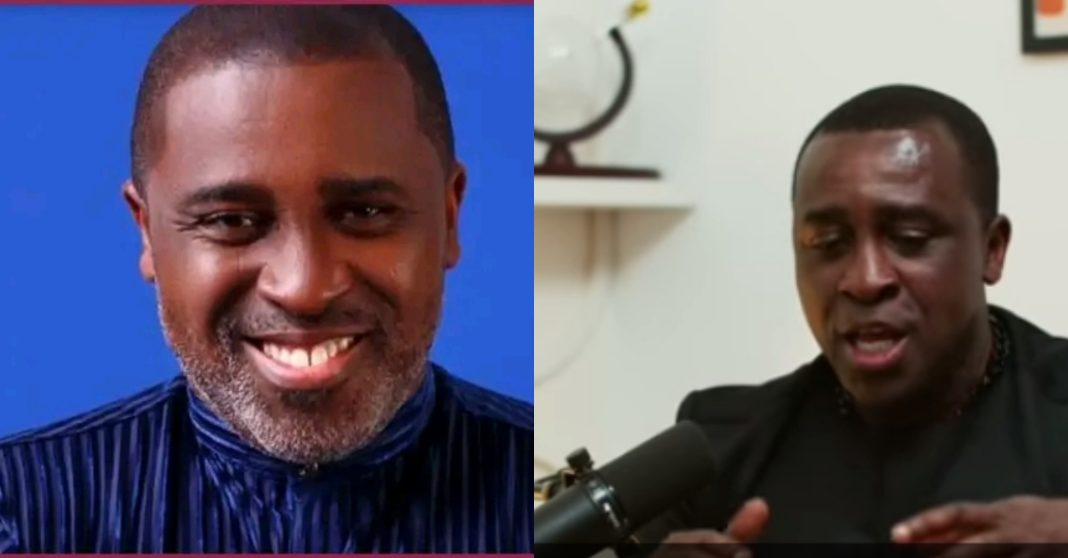*Departs Abuja today for week-long state visit to Saint Lucia, attend two-day 17th BRICS summit in Brazil from July 6
Deji Elumoye, Olawale Ajimotokan and Michael Olugbode in Abuja
President Bola Ahmed Tinubu has officially inaugurated indigenous electric vehicles, tricycles and motorcycles in Nasarawa State, which marks an important milestone in Nigeria’s transition to sustainable transportation.
Tinubu, who also inaugurated the 9.8 kilometre Kabusa-Ketti Road in Abuja Municipal Area Council, said it will improve trade, access to schools, healthcare and ensure that rural and peri-urban communities were not left behind in the march towards progress.
The President will today also depart the nation’s capital on a two-nation visit to Saint Lucia and Brazil.
The inauguration of electric vehicles, tricycles and motorcycles in Nasarawa, which also featured the launch of several legacy infrastructure projects, showcased the commitment of Governor Abdullahi Sule’s administration to innovation and environmental sustainability.
The inauguration ceremony signified the formal establishment and operation of electric vehicle technology in the state-an initiative aligned with President Tinubu’s national policy on sustainable transportation.
Governor Sule revealed plans to empower residents across Nasarawa with electric vehicles, a move aimed at easing transportation challenges and reducing reliance on fossil fuels.
Speaking at the event, the Chief Executive Officer of Electric Motor Vehicle Company (EMVC), Prince Mustapha Audu, expressed gratitude to both President Tinubu and Governor Sule for supporting local innovation and embracing the future of transportation.
Audu described EMVC as one of Nigeria’s leading electric vehicle manufacturers, with branches in other states.
He commended Governor Sule for pioneering the future of mobility in Nasarawa, noting the global shift towards electric vehicles, especially as many countries move to phase out compressed natural gas (CNG) vehicles by 2030.
He said, “We have SUVs that can travel 1,200km per charge, and sedan models suitable for ride-hailing services with a 400km range. We also have locally made tricycles and motorcycles—popularly known as Igwe—that are affordable and built for Nigerian roads.”
Highlighting innovation in infrastructure, Audu explained that the vehicles will be supported by solar-powered charging stations. “Our charging stations can power three vehicles simultaneously without relying on the national grid or generators. We plan to increase them to five stations shortly,” he stated.
He explained that with just N5,000, vehicle owners can fully charge their cars depending on battery capacity.
He said the electric vehicles are powered by lithium batteries designed to reduce carbon emissions and enhance clean energy usage. To support long-term adoption, EMVC is also setting up battery assembly lines, EV repair centres, and training hubs across the state.
He further said, “Each electric vehicle comes with a minimum two-year warranty,” noting that “Unlike traditional vehicles with over 25,000 components, electric vehicles have fewer than 300 parts-most of which are cosmetic. This greatly reduces maintenance costs and complexity.”
He emphasised that common issues will mostly be electrical, and the company already has trained technicians on the ground, with plans to train more as demand grows.
Audu acknowledged challenges such as poor road conditions and climate, but assured that the vehicles were designed with Nigerian realities in mind.
He expressed confidence in the durability of the locally manufactured electric vehicles, tricycles, and motorcycles, urging Nigerians to embrace the cleaner, cheaper alternative to transportation.
The President, who was represented by the Speaker House of Representatives, Tajudeen Abbas at the inauguration of the 9.8 kilometre Kabusa-Ketti Road noted that the stretch may appear modest in the eyes of some, but for the people of Kabusa, Ketti and the surrounding communities, it was truly transformational
The President said the inauguration was not just a celebration of a new tarred road, but a testament to what can be achieved when commitment to the people translated into tangible, lasting change.
He affirmed the administration’s commitment to equitable development across every corner of the nation while starting the infrastructure was vital as it connects communities and unlocks economic opportunities.
Tinubu stressed that the government was steadfast in its resolve to deliver on critical infrastructure, including roads, schools, hospitals, power and digital access, not only in city centres but also in the smaller communities that form the backbone of the nation.


